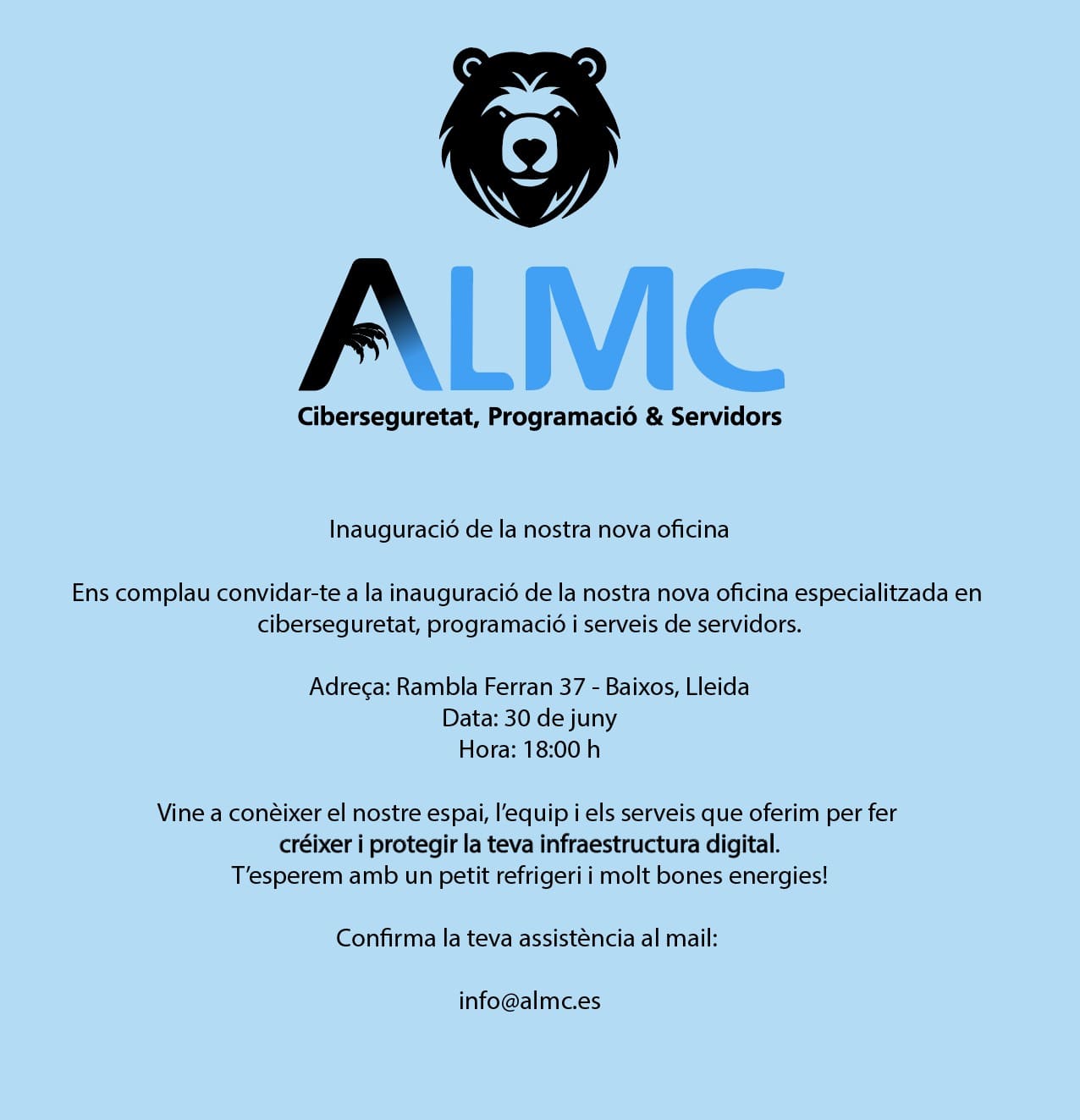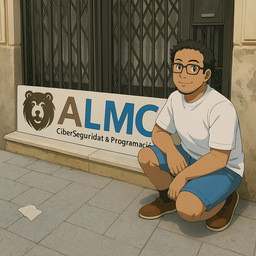Redmine MCP Server - Claude Integration
Welcome to the NASCAR Era of DevOps
- Company in a Box
- Designed to breathe.
- Built to think.
- Yours to evolve.
An integration between Claude AI (or any MCP client - Like Windsurf) and Redmine using the Model Context Protocol (MCP).
Overview
You can use the existing tooling like Jira MCP servers to accomplish this. We disagree with Jira's structure and design as Redmine allows entire Projects to be shifted or rehomed without issue. If you want an 100% OpenSource solution, keep reading.
The Redmine MCP project provides a seamless connection between Claude AI and Redmine project management system. It allows Claude to access and manipulate Redmine data through a TypeScript implementation of the Model Context Protocol.
This project represents a paradigm shift in how organizations structure collaboration between humans and AI. As described in our NASCAR DevOps philosophy, we've entered an era where "everyone's driving the same car" through standardized protocols like MCP. The difference now lies in the team—how humans and AI coordinate, communicate, and collectively solve problems.
By implementing this system, you're not just deploying a tool but creating a Company in a Box —a central nervous system where:
- AI agents handle routine operations while humans focus on strategy and creativity
- Work becomes visible, traceable, and continuously improvable
- Human value shifts from task execution to mentorship and process improvement
- Organizational knowledge persists beyond individual contributors
- Teams build a collective intelligence that compounds over time
The Redmine MCP integration transforms your organization into one where technology handles the routine, while humans focus on creativity, foresight, and meaning.
and NO - it's not 100% complete yet. There is ~ 90% more to go for full functionality and V2 will be where we start working on plugins. So jump in and help out.
Key Components
- TypeScript MCP Server: A robust implementation that connects Claude to Redmine
- Redmine Development Environment: A Docker-based Redmine setup for development and testing
- CI/CD Integration: GitHub and GitLab pipeline configurations with bi-directional sync
- Comprehensive Documentation: Guides and troubleshooting information
Features
- Project Management: List and view Redmine projects with detailed information
- Issue Tracking: Create, update, list and view issues with full parameter support
- Parent-Child Relationships: Create and manage subtasks with hierarchical structure
- Issue Relations: Create, view, and manage issue relationships (relates, blocks, etc.)
- User Information: Access current user details and permissions
- Robust Error Handling: Detailed error reporting and parameter validation
- Mock Mode: Development and testing without requiring a Redmine instance
Mock Mode Functionality
The mock mode feature allows for development, testing, and demonstrations without requiring an active Redmine instance. This is particularly valuable for:
- Offline development work
- Isolated testing environments
- Demonstrations and presentations
- Consistent and reproducible behaviors
The TypeScript implementation includes a complete mock data provider that simulates all Redmine operations with predictable responses.
Quick Start
- Clone this repository
- Create a
.envfile with your Redmine API key (see.env.examplein redmcp-typescript) - Navigate to
redmcp-typescript/directory - Install dependencies with
npm install - Build the project with
npm run build - Start the server with
npm start - Configure Claude Desktop to use the MCP server
Project Structure
redmine-mcp/
├── .github/ # GitHub Actions workflows and configuration
├── docs/ # Project documentation
├── prompt.yaml # MCP protocol configuration and tool definitions
├── redmcp-typescript/ # TypeScript implementation of the MCP server
├── redmine-server/ # Development environment with Docker setup
└── README.md # This file
MCP Server (redmcp-typescript)
The core of this project is the TypeScript implementation of the MCP server. It provides:
- Robust connection to Redmine API
- Type-safe parameter handling
- Comprehensive error management
- Full support for Redmine operations
For detailed information, see the redmcp-typescript README.
Development Environment
The project includes a Redmine development environment in the redmine-server/ directory. This provides a consistent PostgreSQL database setup using Docker with:
- Predefined users with API keys
- Sample projects and issues
- Default configuration
To use the development environment:
- Navigate to the
redmine-server/directory - Run
docker-compose up -dto start the environment - Use the predefined API keys for testing:
| User | API Key | Role |
|---|---|---|
| admin | 7a4ed5c91b405d30fda60909dbc86c2651c38217 | Admin |
| testuser | 3e9b7b22b84a26e7e95b3d73b6e65f6c3fe6e3f0 | Reporter |
| developer | f91c59b0d78f2a10d9b7ea3c631d9f2cbba94f8f | Developer |
| manager | 5c98f85a9f2e34c3b217758e910e196c7a77bf5b | Manager |
Available MCP Tools
Project Operations
redmine_projects_list: List all accessible projectsredmine_projects_get: Get details of a specific project
Issue Operations
redmine_issues_list: List issues with optional filteringredmine_issues_get: Get details of a specific issueredmine_issues_create: Create a new issueredmine_issues_update: Update an existing issue
Parent-Child Issue Operations
redmine_issue_create_subtask: Create a subtask under a parent issueredmine_issue_set_parent: Set or change the parent of an existing issueredmine_issue_remove_parent: Remove parent relationship (make top-level)redmine_issue_get_children: Get all child issues of a parent
Issue Relation Operations
redmine_issue_relations_get: Get all relations for an issueredmine_issue_relation_create: Create a relation between issuesredmine_issue_relation_delete: Delete an issue relationredmine_issue_comment_add: Add a comment to an issue
User Operations
redmine_users_current: Get current user information
For detailed parameter information, see the redmcp-typescript README and the parent-child relationships documentation.
Integration with Claude Desktop
To use this MCP server with Claude Desktop, add the following configuration to Claude Desktop's configuration file:
- macOS:
~/Library/Application Support/Claude/claude_desktop_config.json - Windows:
%APPDATA%/Claude/claude_desktop_config.json
{ "mcpServers": { "redmine": { "command": "node", "args": ["/absolute/path/to/redmcp-typescript/build/index.js"], "env": { "REDMINE_URL": "http://your-redmine-instance.com", "REDMINE_API_KEY": "your-api-key-here", "LOG_LEVEL": "info" } } } }
Example configurations are available in the redmcp-typescript/docs/ directory.
Troubleshooting
For detailed troubleshooting steps and solutions, see the TROUBLESHOOTING.md file.
Common issues:
- Ensure your Redmine instance is accessible and the API key has appropriate permissions
- When creating issues, ensure the priority_id field is included (required by Redmine)
- Check Claude Desktop logs at
~/Library/Logs/Claude/(macOS) for error messages
Future Development
See TODO.md for planned enhancements and future development.
CI/CD Integration
The project includes comprehensive CI/CD configurations for both GitHub Actions and GitLab CI:
GitHub Workflows
Located in the .github/workflows/ directory:
- Main CI/CD Pipeline: Mirrors the GitLab CI pipeline with install, lint, build, and test stages
- GitLab Sync: Automatically syncs changes from GitHub to GitLab
- GitHub Sync: Pulls changes from GitLab to GitHub on schedule or manual trigger
To use the GitHub workflows, the following secrets must be configured:
GITLAB_URL: The URL of your GitLab repositoryGITLAB_TOKEN: GitLab Personal Access Token with repo write permissionsGITLAB_PROJECT_ID: Your GitLab project IDSYNC_GITHUB_TOKEN: GitHub Personal Access Token for creating pull requests
GitLab CI
The .gitlab-ci.yml pipeline includes:
- Dependencies installation
- Code linting
- Project building
- Automated testing
- Special test for subproject creation
For more details, see the .github/README.md file.
Security Considerations
- API keys are stored separately in
.envfiles - Development API keys should never be used in production
- Always use secure connections (HTTPS) for production deployments
- CI/CD secrets should have minimal required permissions
License
MIT




